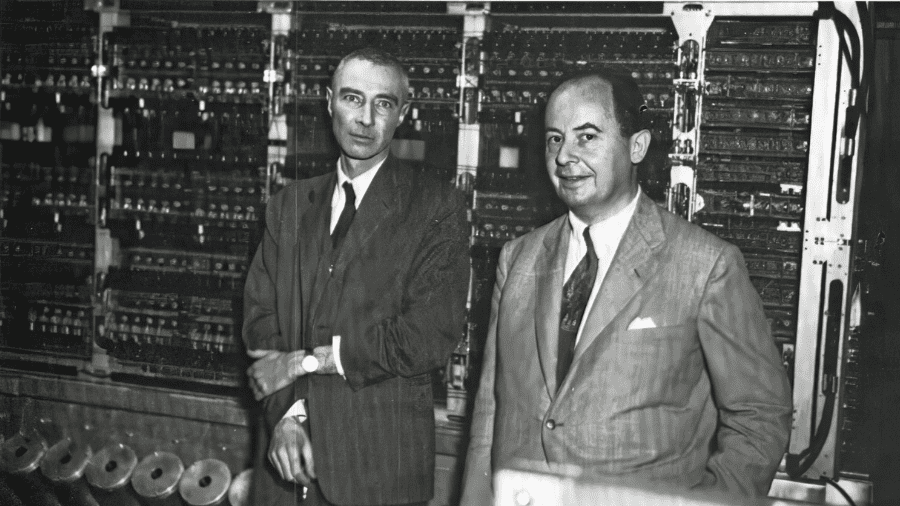This article originally appeared in the Financial Post. Below is an excerpt from the article.
By Philip Cross, August 11, 2023
This month marks the 78th anniversary of the first atomic bomb being dropped on Hiroshima, so it seems appropriate that one of the summer’s blockbuster films is Oppenheimer, the story of the scientist who led the Manhattan Project that developed the bomb.
In his new book, Road to Surrender, journalist/historian Evan Thomas adds perspective to the never-ending debate about the politics and morality of using the atomic bomb on a civilian population. On the American side, he writes, there was “no discussion at the higher levels of government about not using the bomb.” The public would have insisted on its deployment to save American lives.
But Thomas goes on to argue that dropping the bomb ultimately saved more Japanese than American lives. Japan’s determination to continue fighting was evident in how, even after Hiroshima, it did not surrender. And in the following days, despite Russia declaring war and another bomb being dropped on Nagasaki, Japan’s six leaders remained evenly split on whether to surrender. The Japanese military wanted to pursue its strategy of maximizing U.S. casualties — even though continuing the war was killing more Asians than Americans, with an estimated 250,000 people a month dying in China, Southeast Asia and Indonesia. It eventually took the rare intervention of Japan’s Emperor to break the impasse — and even then the military attempted a last-minute coup to stop the Emperor from surrendering.
***TO READ THE FULL ARTICLE, VISIT THE FINANCIAL POST HERE***






